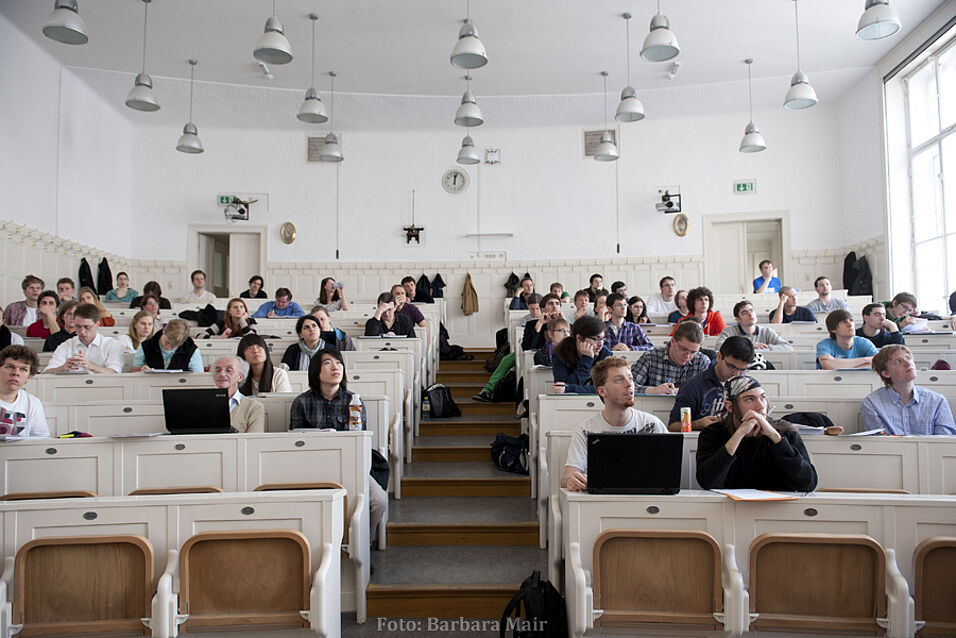With the advent of ever more powerful computers and more accurate, yet efficient algorithms, computational science has by now been widely accepted as a valuable and equal contribution to both pure theory and experiment. Traditionally, computation thereby played the roles of elucidating microscopic properties and mechanisms of given systems and reaction pathways, leading to numerous breakthroughs not otherwise possible. The choice of system or reaction –
e.g. a semiconductor for a photovoltaic cell – thereby was mostly guided by experiment or the intuition and experience of the researcher. Very recently, though, modern data science and machine learning approaches such as data-mining allowed computation to take on a role of pro-active exploration and design, supplementing the traditional roles of computational materials science.
In my presentation I will outline some of the impact of data-driven studies on modern materials science. Specifically, I will highlight two examples of my own research. First, how computations on large scale data-sets and data-mining can yield a thorough understanding of the connection between structure and function in organic semiconductors. This allows us to further tailor the semiconductor's components for certain desired properties, such as e.g. large carrier mobilities. Second, I will demonstrate the use of large databases and machine learning for the development of effective models like the class of ever more popular implicit solvation methods.
All these examples are based on a bottom up approach, where specifically developed methods on the electronic structure level inform larger scale effective, embedded or kinetic models, which in turn yield the descriptors necessary for data-driven and machine learning based analyses of more general problems. At the end of my presentation, I will give an outlook on my future research plans specifically how to improve and generalize our computational and data-driven methods for materials design.
Im Rahmen des Vortrages findet eine Lehrprobe zum Thema „The quantum harmonic oscillator“ statt.

